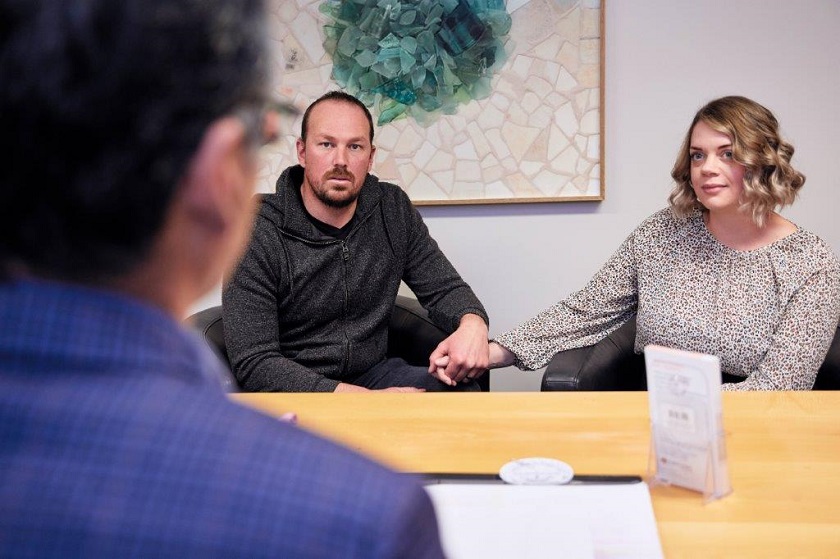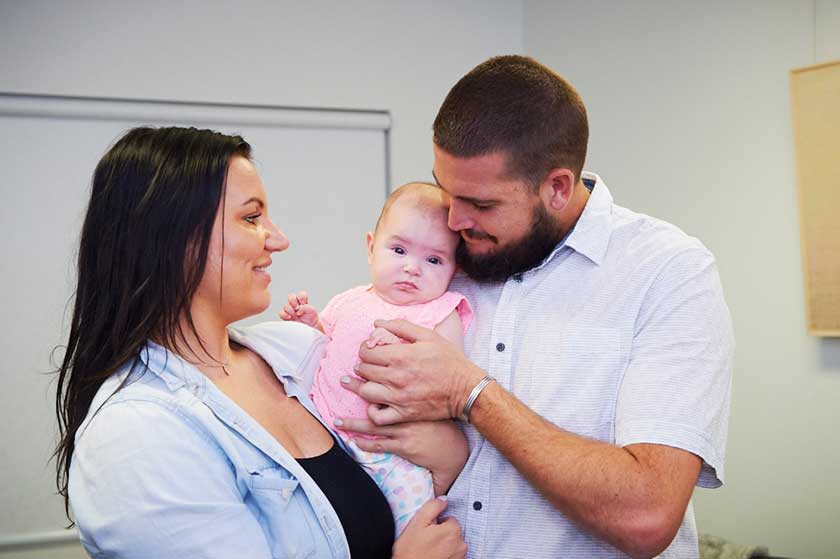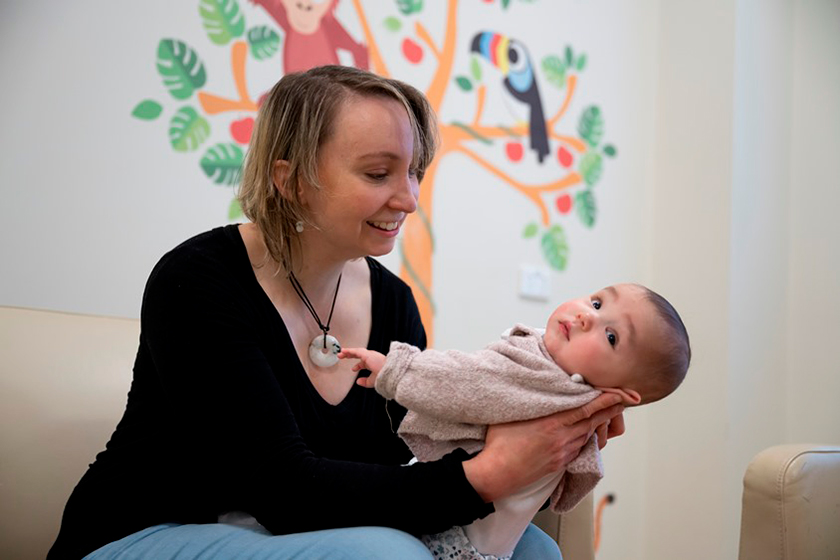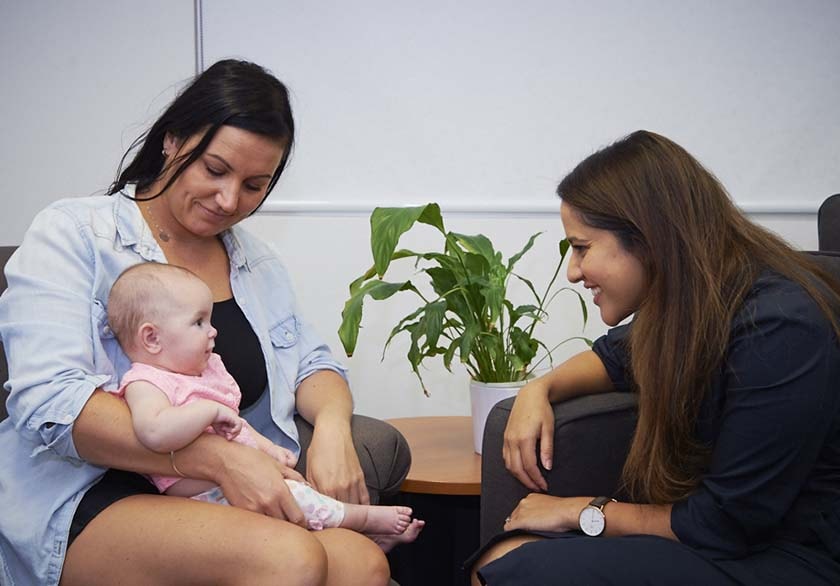In the Burwood Mother Baby Unit (MBU) we have the opportunity of caring, supporting and providing assistance to women and their families on their road to recovery from a mental health illness.
We recognise the importance of the many and varied family structures we assist, as well as providing families with support and understanding in coming to terms with the change that the arrival of an infant brings to family dynamics.
Families come together in many different ways and are unique and varied: through fostering, surrogacy, natural conception, blended families, same sex families, adoption, assisted reproduction - to mention a few.
Families also have a variety of living arrangements, cultural influences and parenting views.
Partners play a vital role in the support network of women who are experiencing a mood disorder in the perinatal period – pregnancy and post birth period. This support network can sometimes also need support.
Why do partners need support?
Becoming a parent can be a special time. Pregnancy and the first year of parenthood can be a time of many changes and challenges to you, your family and your relationship with your partner and other children, even if this is not your first baby.
There can also be numerous demands placed on you including balancing work commitments and supporting your partner, all with reduced sleep and the pressure of being the sole breadwinner in many instances.
Today’s partners are much more involved in the practical role of parenting as well as developing their own emotional connection with their infant. These, with the ever changing role of being a parent can sometimes make you feel unsure of yourself and you may be experiencing some of the same effects.
Did you know?
- Approximately 10 per cent of fathers experience mental health issues in the first year, following the birth of their baby
- 57% of first time fathers admit to significantly increased stress levels
- The causes of mental health issues in mothers are just as relevant to partners
- 56% of fathers do not seek support for themselves
We know that there are barriers in accessing support for yourself, not dissimilar to those experienced by women, such as:
- Your partner experiencing mental health issues during this time and needing to support her delaying accessing help for yourself
- Recognising you may need help and support with your own mental health
- Unsure of how to access assistance and treatment as well as community supports available. These can also be difficult to navigate on your own
- Financial concerns
- The shame and stigma associated with needing assistance, needing to keep a mask-on.
How to get help
If you are unsure of whether you need assistance, your general practitioner (GP) is a good starting point. Making the first phone call is the hardest step.
Your GP will be able to provide you with information on emotional and practical support including community support services and options for treatment and referral if needed.
As a partner, regardless of who makes up your family, you are not alone if experiencing feelings of isolation, confusion, fearfulness of not been able to provide the ‘right’ support or having difficulty in accessing community services for your family.
It can seem daunting to acknowledge how you may be feeling or reaching out to speak with someone about your experience. There is, however, help and assistance.
The following resources are some of the support services available for you to assist in caring for your own mental health and ensuring you are able to assist your partner. You can also send through an admission enquiry if you are worried your partner needs support from our hospital.
Other resources
- SMS4dads
- How is dad going? - Perinatal Anxiety & Depression Australia National Helpline
- Dads Group
- Gidget Foundation Australia
- MensLine Australia
- BeyondBlue
- Rainbow Families
Remember - all your have to do is reach out.








